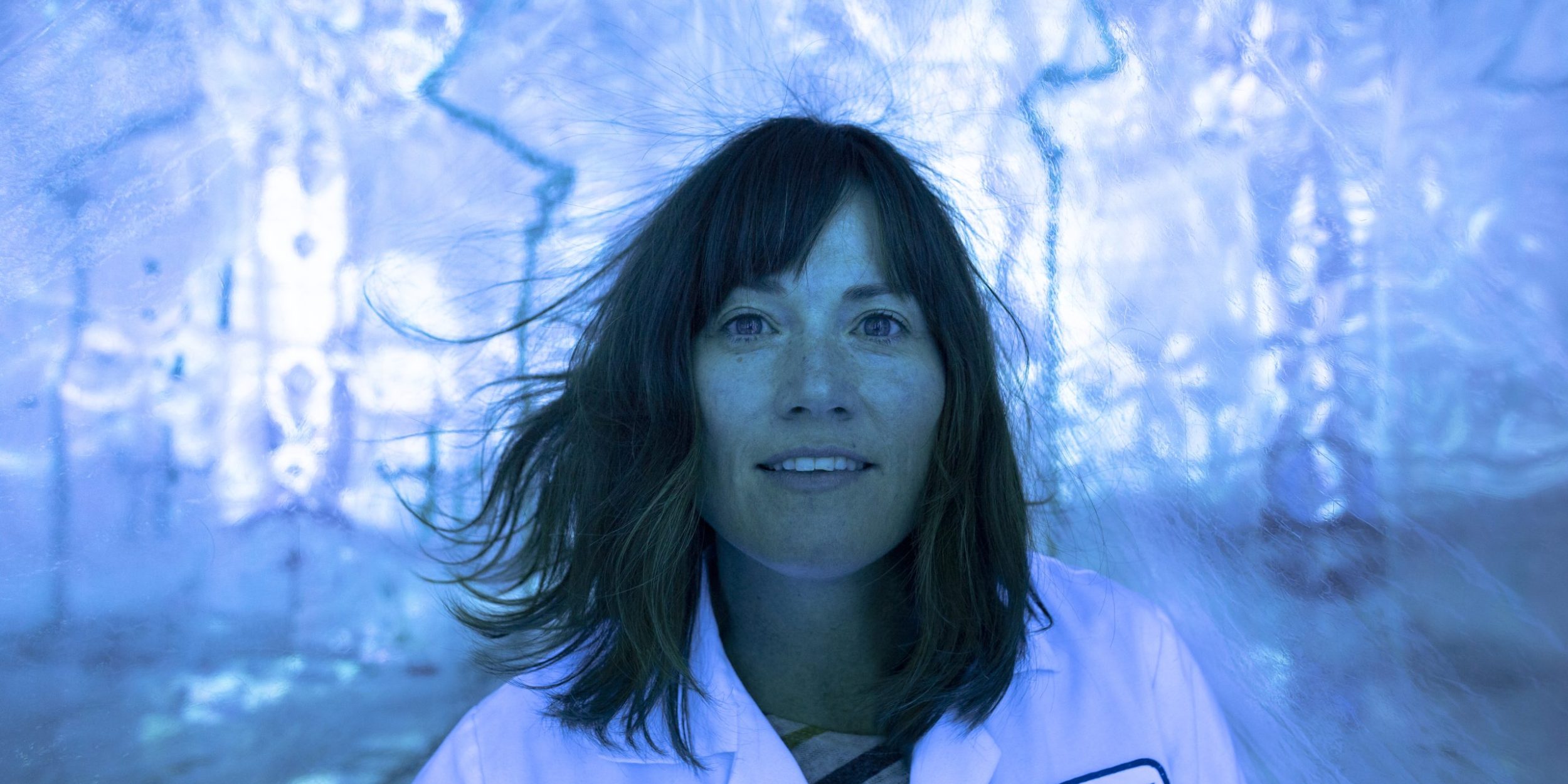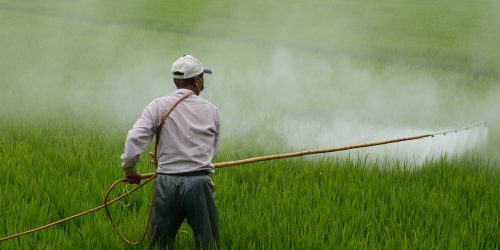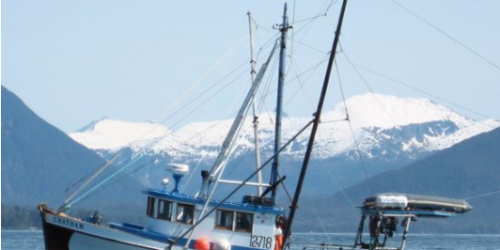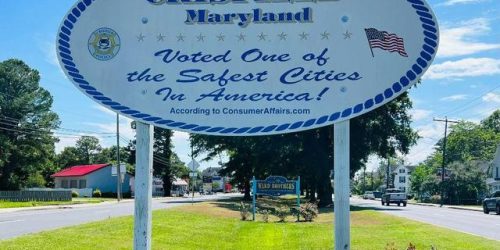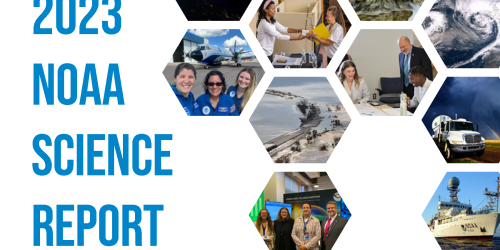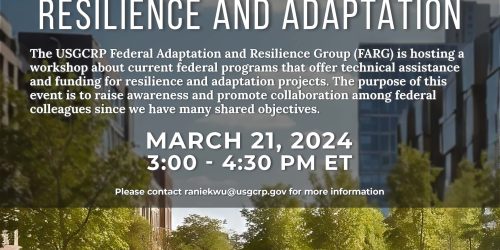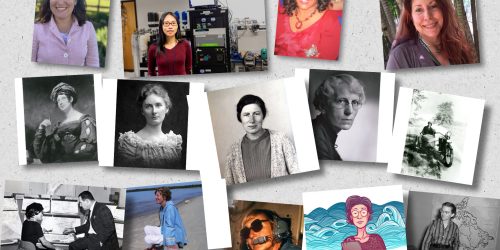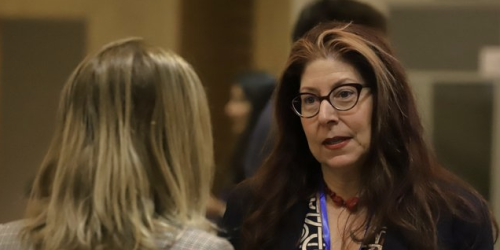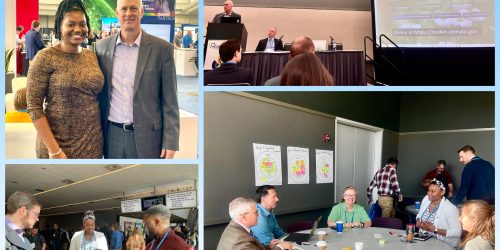Dr. Kelley Barsanti is an Assistant Professor at the University of California Riverside, in the Department of Chemical & Environmental Engineering and is also affiliated with the Bourns College of Engineering Center for Environmental Research & Technology (CE-CERT).
What projects/research are you working on now?
I am working on two AC4 funded projects. I am a PI on a project entitled: Investigating the nighttime chemistry of biomass burning emissions, and co-PI on a project entitled: Building and testing the framework to integrate detailed chemical measurements and predictive biomass burning models.
For the Nighttime Chemistry project, my group is collecting and analyzing smoke samples from both laboratory and field environments. Once the samples are collected, they are brought back to the lab and analyzed using two-dimensional gas chromatography with time-of-flight mass spectrometry (GC×GC-TOFMS). So far we have collected samples at the Missoula Fire Lab and the UC Berkeley Blodgett Forest Field Station (prescribed fire). During the FIREX 2019 field deployment, we will be collecting wildfire smoke samples from the Aerodyne mobile lab and a Twin Otter aircraft. These sampling platforms will allow us to follow smoke plumes, and collect smoke during the night as it settles lower in the troposphere. GC×GC-TOFMS allows us unprecedented identification and quantification of the gaseous organic compounds in smoke, which is required to develop chemical mechanisms and model parameterizations that capture the atmospheric chemistry of emitted compounds.
For the Predictive Modeling project, I am collaborating with two other investigators (Dr. Christine Wiedinmyer and Dr. Annmarie Carlton) to improve the representation of biomass burning compounds in air quality models to facilitate more accurate predictions of the effects of wildfires on air quality and climate. Specifically we are evaluating whether within different process modules (e.g., emissions, deposition, chemical transformation, organic aerosol formation) there is sufficient model complexity to represent the wide diversity of organic compounds that are continuously being discovered in smoke samples, due to the application of advanced analytical techniques. For processes in which the model compounds do not sufficiently represent the behavior of identified compounds, we are proposing and evaluating additional model compounds.
What do you enjoy most about your work?
I love the creativity, flexibility, and diversity of working in academia. In terms of creativity, we are constantly trying to advance scientific knowledge and engineering tools through new discoveries. We have to be creative in how we approach problems, how we interpret the data we have collected, and how we propose to make new advances. There is even creativity in how you teach a class or how you motivate a group of researchers or collaborators. In terms of flexibility, academic success does not necessarily require flexible thinking, but I think through flexible thinking we can enhance our contributions to science and engineering, our students, and our community. In addition, flexibility presents itself in the academic schedule, which promotes discovery and has been personally helpful in pursuit of work-life balance. In terms of diversity, I like that we are able to engage with very different audiences, and that we use a variety of skills almost every day.
What does success mean to you?
I’m challenging myself here to think about and define success. I’d be dishonest if I didn’t include the common metrics that we use to evaluate academic success: publishing a paper in a high-impact journal, achieving a high number of citations, being invited to a high-profile conference, winning an award, being awarded a large grant, etc. But I think there are less tangible and less quantifiable measures of success. I think that when we change the lives of a student for the better, we achieve success. We may do something that contributes to that change in a very small way, or we may do something that serves as a major catalyst. It is the same for colleagues and mentees. I think we achieve success when we contribute to our workplace, when we help build an environment in which the highest number of people feel well supported and are motivated to thrive. Perhaps more personally, I feel successful because I am working in a career that I love and I have an opportunity to inspire others to do the same.
What’s been your favorite (or proudest) moment in your career so far?
I’ll answer this in two parts. My favorite career moments are when I am with my colleagues at professional meetings and workshops. I am incredibly fortunate to be part of a community of amazing scientists and engineers, who are inspiring and motivating, and fun! My proudest moment probably came as a postdoctoral fellow, when I proposed a set of experiments that a group of more senior experimentalists weren’t sure were going to work and they produced interesting publishable results. I am basically a theoretician by training, so it was really rewarding to see the confirmation of theoretical predictions by experimental results; this interconnectedness of theoretical and experimental research has strongly shaped my career.
Knowing what you know now, what would you tell yourself when you were 12 years old? Or what advice would you give to a woman just starting out in her career?
Some of the most important advice that I ever received was never to opt out before you have a chance to opt in. I have really taken this advice to heart. To better explain, we sometimes make decisions based on what we think might happen. We may choose to opt out of academia because we don’t know if we can balance an academic career and family; we may choose not to apply for a job because we don’t know if we can really move across the country or beyond. I have found that I am better able to make these decisions when they are not hypothetical or abstract. I certainly had many doubts about my ability to navigate an academic career and raise a family, and admittedly it took me awhile to even consider a career in academia because I always knew I wanted a family and at least as PhD student, didn’t see any models for how that might work. I am now an assistant professor, with a 10 and 6 year old. So my advice would be to make decisions when you need to do so, based on your own experiences and your own needs, and not what you think might happen or what you might need.


